Cold Frame Veggies and planting dates?
frog_gidget
13 years ago
Related Stories

FARM YOUR YARDHow to Build a Raised Bed for Your Veggies and Plants
Whether you’re farming your parking strip or beautifying your backyard, a planting box you make yourself can come in mighty handy
Full Story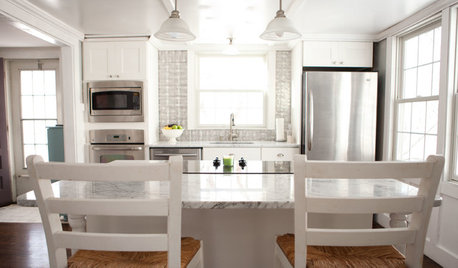
HOUZZ TOURSMy Houzz: DIY Love Reforms a Dated Cape Ann Home
Handmade touches and classic neutrals transform a dark Massachusetts house into a beautiful home fit for a family
Full Story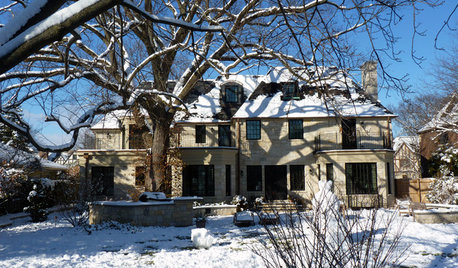
LIFEHouzz Call: How Are You Handling the Record-Breaking Cold?
Share your tales, strategies and photos for everything polar vortex
Full Story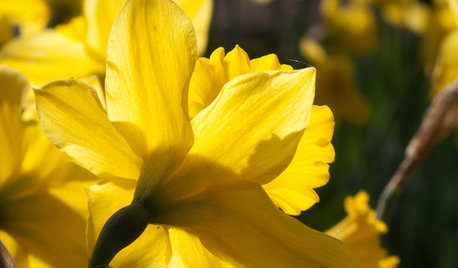
GARDENING GUIDESPacific Northwest Gardener's October Checklist
Break up tidying time by planting spring bulbs, tending to veggies and giving leaves a rich new life
Full Story0
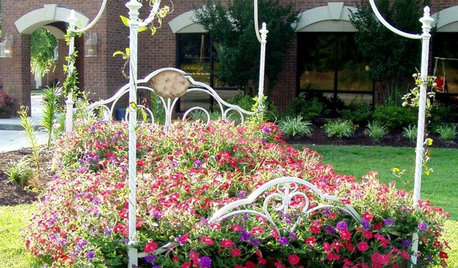
CONTAINER GARDENSYes, You Can Grow a Plant In That
You can upcycle your old typewriter, paint cans, tires and many more things into places for your plants
Full Story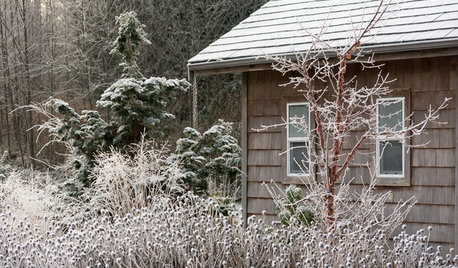
WINTER GARDENINGLook Beyond Plants for a Wonderful Winter Garden
Use sculptures, fences and other structures to draw the eye to a bare-bones landscape
Full Story
EDIBLE GARDENSHow to Grow Your Own Sweet Summer Crops
This guide will help any gardener get started on growing the freshest warm-season veggies and berries for summer
Full Story
EDIBLE GARDENSGarden BFFs? Why Your Vegetables Are Begging for Companion Plants
Foster friendships among plants for protection from pests, pollination support and color camaraderie
Full Story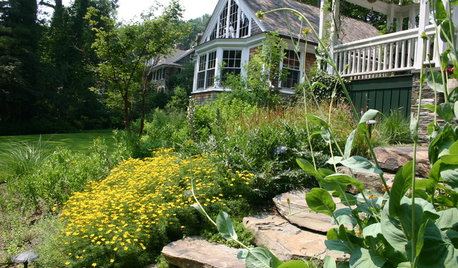
NATIVE PLANTS5 Ways to Keep Your Native Plant Garden Looking Good All Year
It’s all about planning ahead, using sustainable practices and accepting plants as living organisms
Full Story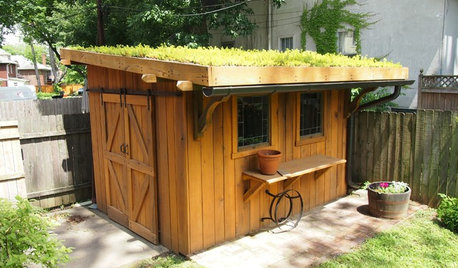
OUTBUILDINGSA Kentucky Garden Shed With a Planted Roof
Sedums help prevent runoff and add a green touch to this charming backyard building
Full StoryMore Discussions






Dan _Staley (5b Sunset 2B AHS 7)
caroliniannjer
Related Professionals
Manhattan Beach Landscape Architects & Landscape Designers · Maple Heights Landscape Architects & Landscape Designers · Buford Landscape Contractors · Elgin Landscape Contractors · Norwood Landscape Contractors · Aberdeen Landscape Contractors · Cambridge Landscape Contractors · Camp Verde Landscape Contractors · Hilton Head Island Landscape Contractors · Hoffman Estates Landscape Contractors · North Ridgeville Landscape Contractors · Rancho Santa Margarita Landscape Contractors · Vashon Landscape Contractors · Vermilion Landscape Contractors · Cincinnati Driveway Installation & Maintenancegardendawgie
Dan _Staley (5b Sunset 2B AHS 7)
caroliniannjer
caroliniannjer
Donna
caroliniannjer
frog_gidgetOriginal Author
Dan _Staley (5b Sunset 2B AHS 7)
diggity_ma
caroliniannjer
Dan _Staley (5b Sunset 2B AHS 7)
caroliniannjer
Dan _Staley (5b Sunset 2B AHS 7)
caroliniannjer
roccod_ccf_org